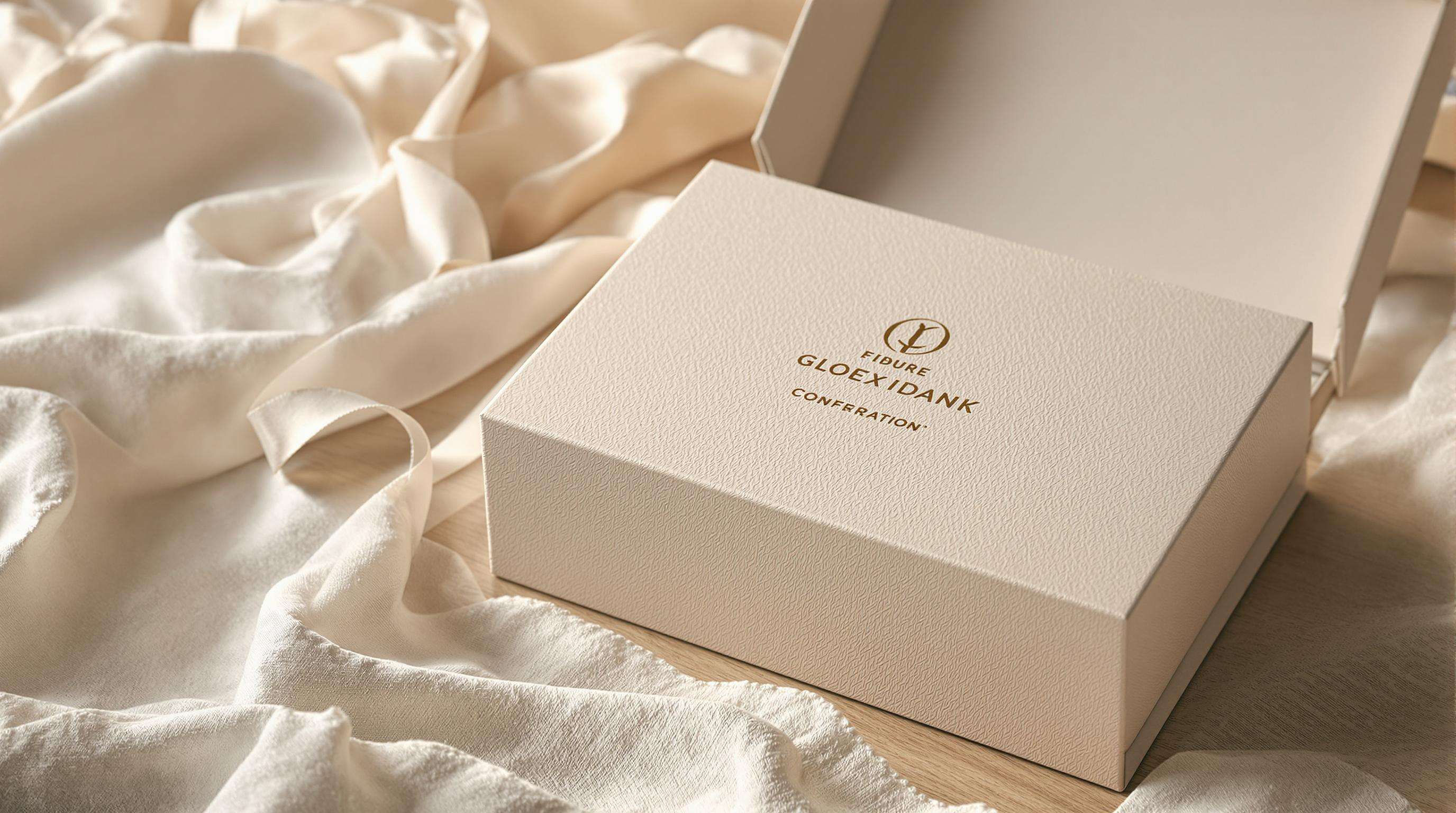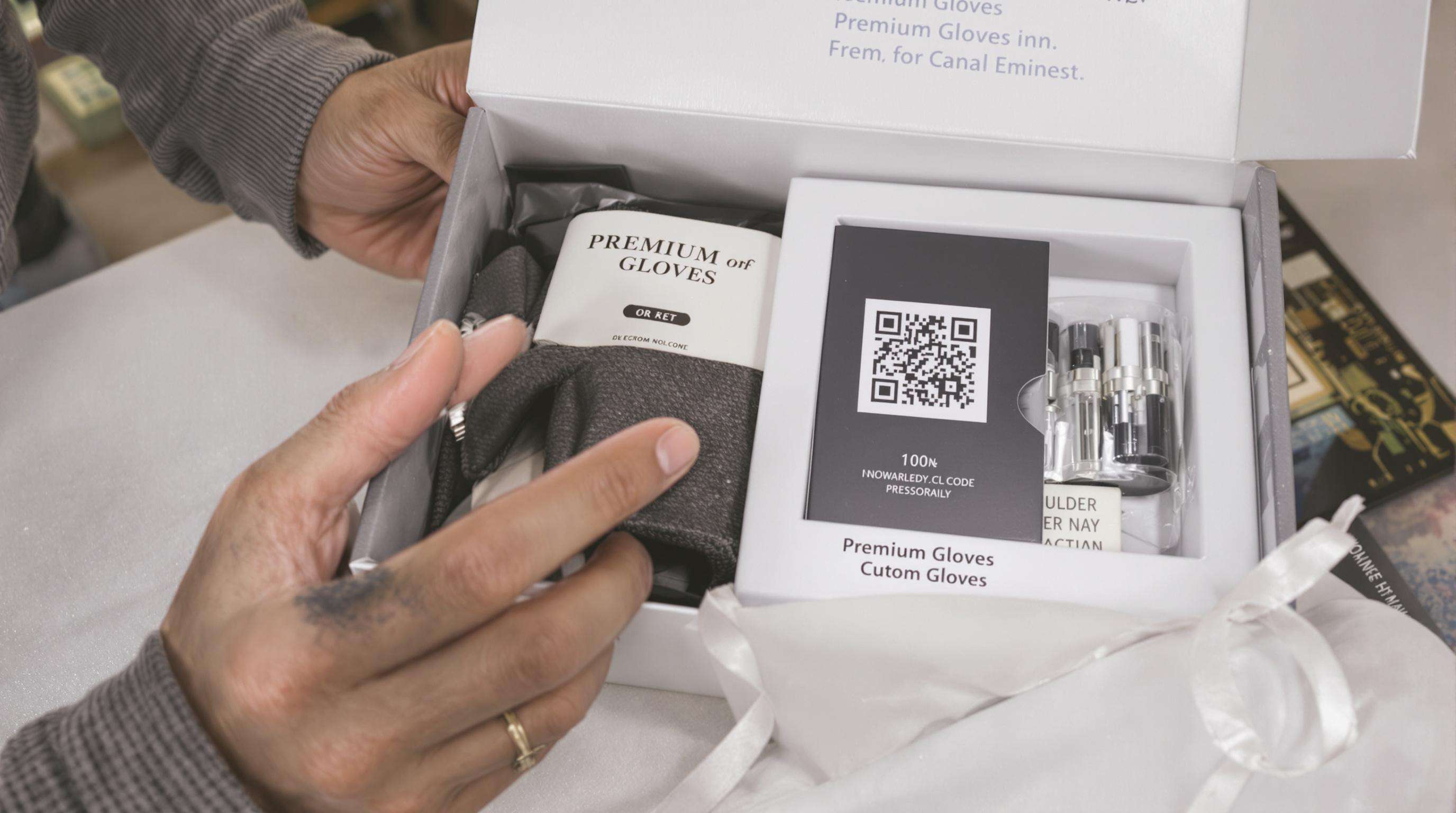What started as simple work gloves has transformed into something much more than just protection these days. Back in the day, gloves were all about lasting through tough jobs in factories or hospitals. But things have changed quite a bit lately. Manufacturers are seeing gloves not just as functional items but as opportunities to express style and personality. According to a recent industry study from 2024, around two thirds of average priced glove companies spend more than 15% of their budget on making their products look good, which is way up from only 4% back in 2010. People's attitudes toward gloves seem to be shifting too. Most folks actually connect how a glove looks with whether they think the brand is quality stuff or not, according to research published last year in Fashion Materials Quarterly.
The days of boring generic glove packaging are coming to an end as businesses start seeing their storage solutions as actual brand experiences. Back in the day, companies just cared about saving space when packing gloves in bulk. Now they're getting creative with box designs that actually stand upright on shelves, showing off the gloves at those perfect 45 degree angles. Some studies suggest this simple change can really grab customer attention, increasing store interactions by around 33 percent according to Retail Packaging Insights last year. What we're witnessing here isn't just about better packaging but rather a shift similar to what happened in the watch world. Remember when watches were just tools for telling time? Now people wear them as fashion statements, much like how glove manufacturers want consumers to view their products these days.
About 63% of young adults between 18 and 34 actually buy gloves because the packaging looks good for Instagram according to the Social Commerce Trends Report from 2024. Brands have caught onto this trend and started using fancy thermoformed trays that look like luxury jewelry boxes, plus special sleeves with QR codes that connect customers to video guides on how to take care of their gloves. The #GloveUnboxing hashtag alone has gotten over 210 million views on TikTok, which really shows just how much packaging matters these days. It's not just about protecting products anymore; it's become another way for brands to get noticed outside of stores and online shops.

Glove packaging has moved beyond protection to become a storytelling platform. Artisan leather glove makers, for example, use interior liner copy to share their 150-year craftsmanship legacyâtransforming a simple box into a heritage showcase that deepens brand connection.
Foil-imprinted logos, die-cut windows revealing stitching details, and magnetic closures with branded clasps turn unboxing into a multisensory experience. One winter sports brand saw a 40% increase in repeat purchases after introducing trail map-inspired packaging that visually linked its gloves to outdoor adventure.
Textured finishes like linen-coated stock or soft-touch laminates foster tactile engagement. A 2023 consumer survey found 68% of luxury shoppers associate matte velvet packaging with high-quality gloves. When paired with minimalist color schemes evoking alpine landscapes, these design choices convey both elegance and functionality.
When a luxury glove maker revamped their packaging with subtle blind embossing and soft organic cotton ribbons for pulling open boxes, something interesting happened. Customers started sharing photos online after unwrapping their purchases, finding tissue paper inside featuring mountain flower designs. Social media mentions jumped quite a bit following this change, though no one can pin down exactly why people loved it so much. What worked well was how the packaging echoed the meticulous stitching found on the actual gloves through those raised patterns across the box surface. This visual connection helped communicate quality and attention to detail without needing any fancy marketing copy or logos.

More companies are making their glove packaging something customers actually want to interact with instead of just tossing aside. Some packages now include QR codes that show how to properly care for the gloves, while others hide little compartments filled with useful product information. According to Packaging Digest from last year, these kinds of features boost customer engagement around 30% higher than regular packaging does. What's really interesting is how this changes buyer behavior completely. People who open these special packages become much more invested in the brand. Research suggests about two thirds of them will come back for more products after experiencing what some call "discovery driven" unboxing. It makes sense when you think about it this way: nobody wants to feel like they're just another number to a company anymore.
When companies personalize their packaging, customers tend to stick around longer. Studies show something like a 25% increase in retention rates when packages include special touches such as personalized liners or seasonal inserts that create an emotional bond with the product. People love sharing these experiences on social media too. Around two thirds of younger shoppers (those under 35) actually film and post unboxing videos if the packaging looks good enough for Instagram, especially when it has cool features like textured sleeves or magnetic closures that look nice in photos. And let's not forget about location-based designs either. These localized versions really grab attention and can boost visibility threefold compared to standard packaging during holiday seasons in specific regions across the country.
The first 12 seconds of unboxing determine 79% of perceived product quality (Sensory Packaging Institute 2023). Leading brands choreograph signature moments:
Though custom packaging raises production costs by 15â20%, mass-market brands see a 3:1 ROI through:
Glove manufacturers can now get high quality packaging printed in smaller runs between 100 to 500 pieces thanks to digital printing technology. This cuts down on wasted materials while letting companies react quickly when new trends hit the market. The benefit really shines through for specialized products such as those made for skiing enthusiasts or horseback riders who need specific types of hand protection. Some online services promise delivery within just three days these days. That represents about a 40 percent speed boost compared to what was possible back in 2022 according to industry reports from 3ERP.
According to the 2024 Packaging Trends Study, around two thirds of shoppers actually want their gloves packaged in something personal rather than generic stuff. But companies still need to keep that special feeling when making thousands of packages. Modular design comes to the rescue here. It mixes standard parts (think brand colors, company logos) with things customers can customize themselves, like adding initials through foil stamping. The result? Production expenses drop about 30 percent from what they would be if everything was made completely custom. And best part is, each package still feels unique enough for the customer without breaking the bank for the business.
Packaging with soft-touch laminates or embossed logos scores 23% higher in perceived quality tests (2023 Material Impact Research). These finishes mirror the tactile luxury of high-end glove materials like cashmere-lined leather. Heat-transfer metallics and spot UV coatings are particularly effective for winter sports gloves needing a premium identity.
Outdoor glove brands using recycled kraft paper and plant-based inks report 37% higher social media engagement (2024 Sustainability Packaging Index). Success comes from alignment: waterproof coatings on mountaineering glove boxes, biodegradable wraps for gardening glovesâeach choice reinforces the productâs purpose and values.
Glove packaging has evolved as a medium for brands to express style, engage with customers, and tell their unique stories, thereby enhancing brand perception and customer loyalty.
Brands are incorporating interactive elements like QR codes and unique designs that resonate with consumers, increasing engagement and social media shareability.
Social media platforms like Instagram and TikTok have amplified the importance of visually appealing packaging, as these elements encourage consumers to share their unboxing experiences online.
Yes, while personalized packaging increases production costs, it also provides a positive ROI through reduced returns, higher order values, and better consumer engagement.


Copyright © 2024 Sichuan Samson Technology Co., Ltd - Privacy policy